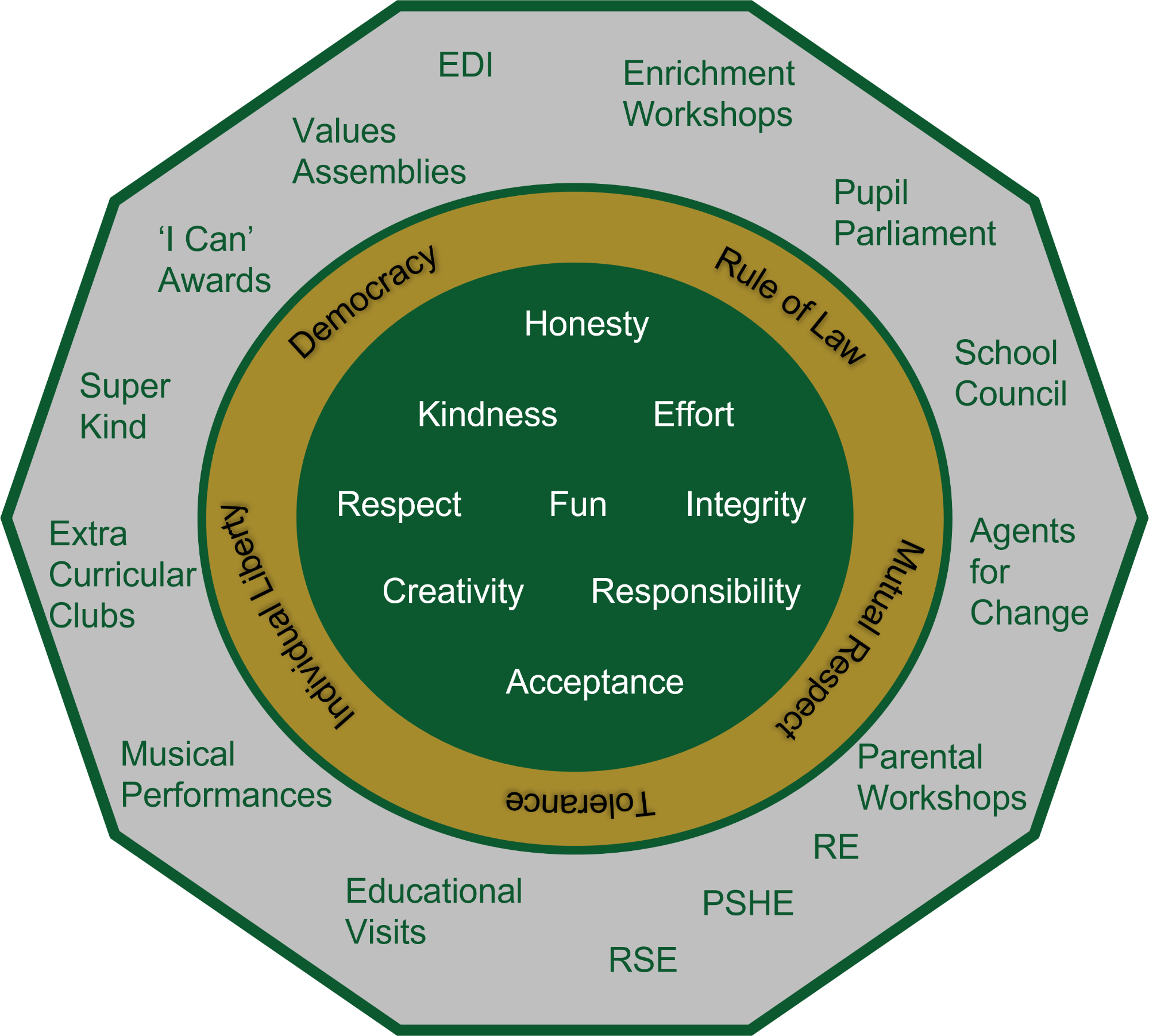
Curriculum Overview
Welcome to our Curriculum Overview Page
Here you will find links to Curriculum Maps for Year Groups in each Key Stage, supporting documents for English, Maths and the Wider Curriculum, and any other Curriculum documents.
Please click here for our curriculum overview statement.
Please click here for our Personal Development Statement.

